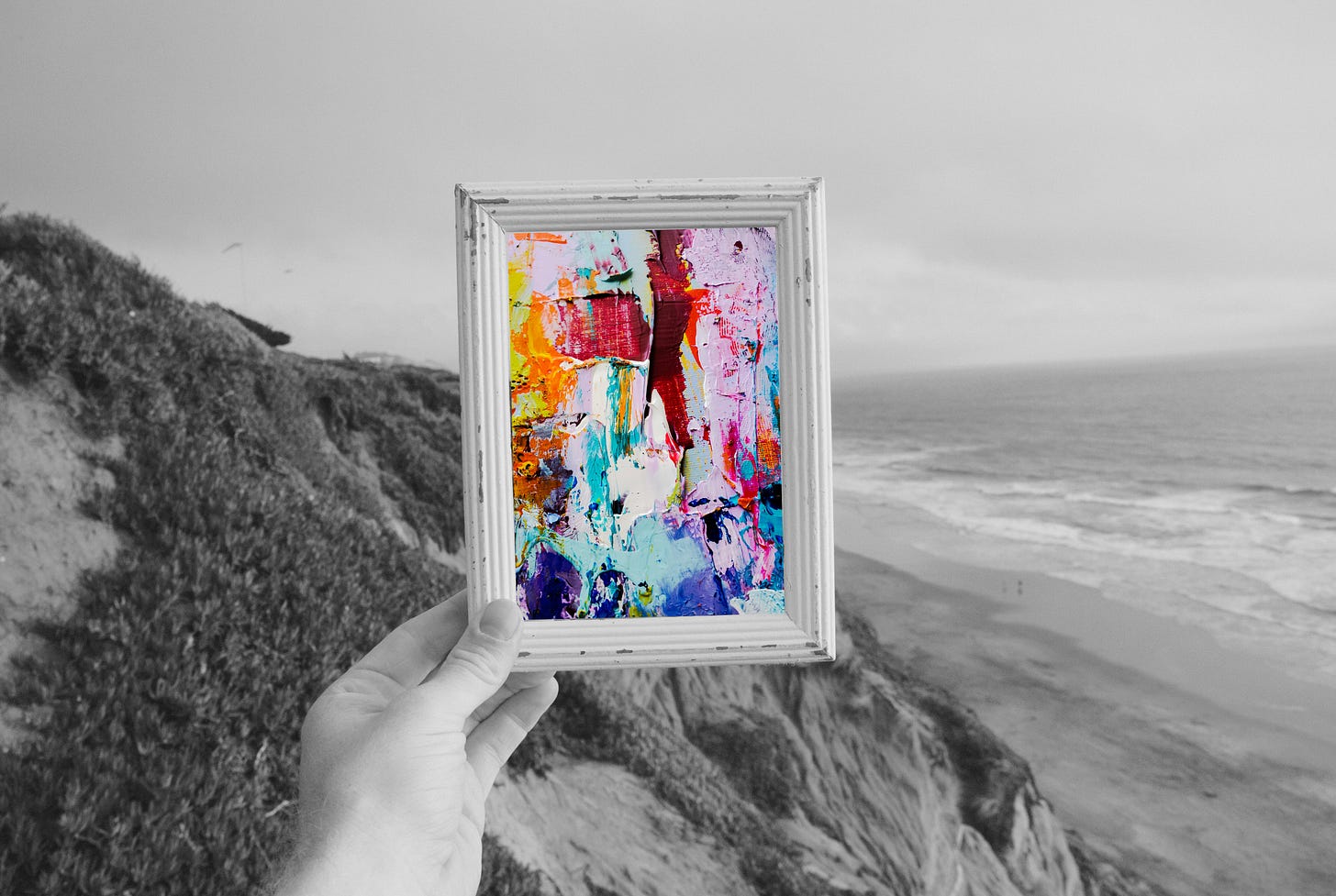Dream Syllabus 4: Fire the Canon
Analyzing art from different lenses, from modernism to globalization and fandom
Welcome to another issue of Dream Syllabus, a series where I ask people to put together syllabi of their dream course to teach! Last week, we had a course on nurturing the creative industry.
Fire The Canon: An Introduction to Critical Models and Theories
Instructor: Madeleine Teh - Manila-based designer interested in the relationships between technology and visual culture. Writes about this and more in her own newsletter, Zero Percent Sugar.
Introduction
The class will start with a Socratic discussion of this article from the New Yorker, which states that classical Greek and Roman sculptures were originally painted. This article will be a launching point to talk about how interpretation alters — literally and figuratively — our experience of a work of art.
So, what is the canon?
The term “the canon” originally referred to the Bible. But, it seems like we’re using this term to reference narratives in art, literature, and even music. We’ll spend this lesson defining what the canon is and what works are considered canonical. We’ll also explore who gets to designate a work as canonical.
Critical Theory and Intertextuality
We’re going to discuss the history of contemporary criticism, starting with the work of Walter Benjamin (critical theory and aura, in particular). Then, we will explore intertextuality and how referencing, conglomerating, and compiling existing texts alters the contexts of existing and new narratives.
Modernism, Post-Modernism, and Post-Post-Modernism
These -isms are the cornerstone of art criticism, theory, and history today. We’ll define the key characteristics and examine art, music, and literature from each movement.
Feminism
This lesson will focus on outlining the history and ethos of feminism as well as exploring the concept of gendered gazes. We’ll dive into the different waves of feminism (first, second, third, and fourth) and study the works of Kimberlé Crenshaw and Virginia Woolf.
Queer Theory
We’ll explore popular ideas in queer theory, like heteronormativity and gender performance. We’ll read the works of Judith Butler, J. Jack Halberstam, and Audre Lorde.
Cultural Globalization
We’ll look at how globalization – the world shrinking – affects sensibilities, tastes, and perspectives. Scholars we’re going to study for this lesson include Gayatri Spivak, Samuel Huntington, and Peter L. Berger.
Fandom & Participatory Culture
Lastly, we’ll put our learnings to the test by applying them to pop culture. We’ll look at how social media, especially platforms like Tumblr, Twitter, and AO3, allow more people to create their canons (headcanons, etc.). We’ll look at the relationship between the original work and fan-made work, like fan art and fanfiction.
As always, if you’re interested in submitting your own curated syllabus, feel free to reach out! Would love to hear people’s perspectives and what they would want to learn about.





